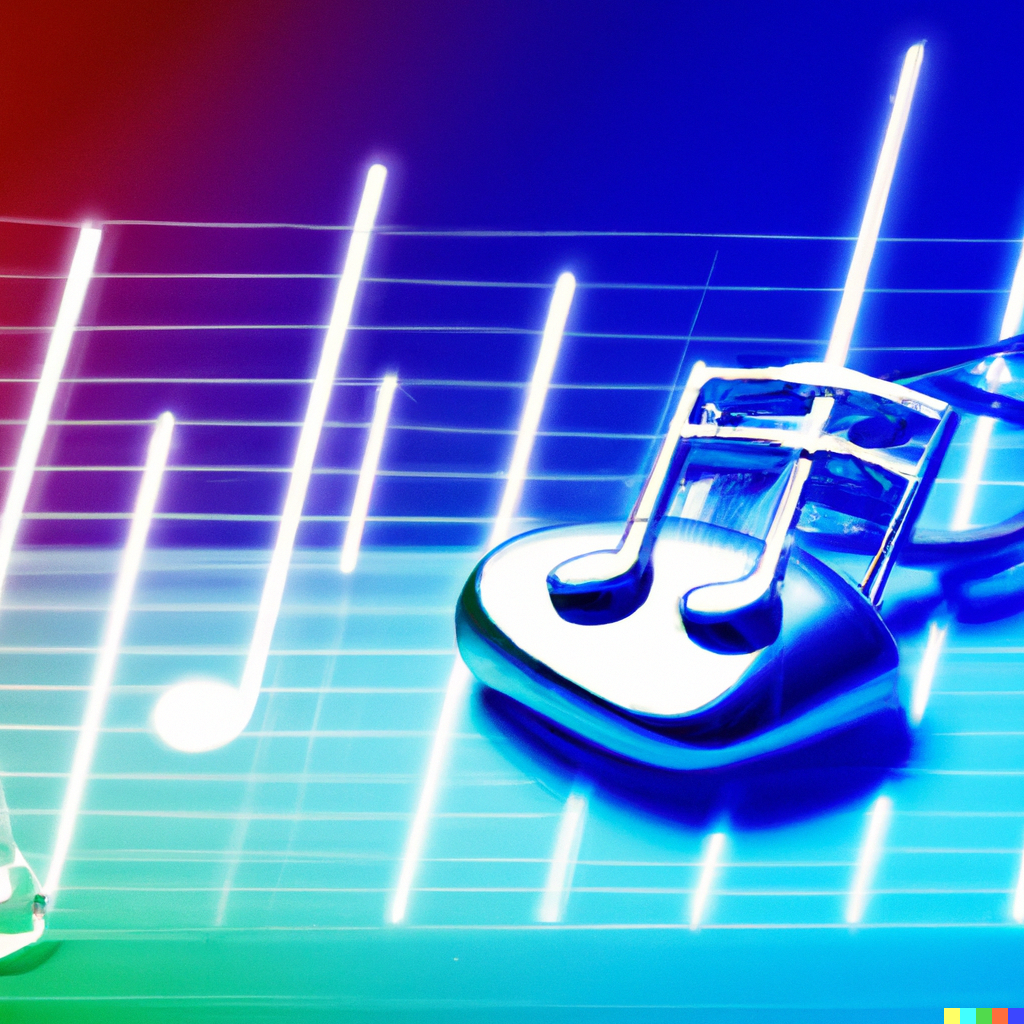August 02 | Music Technology MusicTech

The evolution of music technology has fundamentally transformed the way we create, produce, and consume music. From the invention of the phonograph to the rise of digital audio workstations (DAWs), music technology (MusicTech) has continuously pushed the boundaries of what is possible in the music industry. This article delves into the fascinating world of MusicTech, exploring its history, the current landscape, and the exciting future that lies ahead.
Music technology has its roots in the 19th century with the invention of the phonograph by Thomas Edison in 1877. This groundbreaking device allowed sound to be recorded and played back for the first time, revolutionizing the way music was experienced. Soon after, Emile Berliner’s gramophone improved upon Edison’s design, using flat discs instead of cylinders, which became the standard for recorded music.
The 20th century saw significant advancements in electronic music. The theremin, invented by Léon Theremin in 1920, was one of the earliest electronic instruments, played without physical contact. The 1950s and 1960s introduced the world to the synthesizer, with pioneers like Robert Moog and Don Buchla developing instruments that could produce a wide range of sounds. The advent of tape recording also allowed for new studio techniques, such as overdubbing and multi-tracking, which became staples in music production.
The 1980s marked the beginning of the digital revolution in music technology. Digital audio workstations (DAWs) like Pro Tools, Logic Pro, and Ableton Live became essential tools for music production. These software programs enabled musicians and producers to record, edit, and mix music entirely within a computer, offering unprecedented flexibility and creative possibilities.
The introduction of the Musical Instrument Digital Interface (MIDI) in 1983 standardized communication between electronic instruments and computers, revolutionizing music production. MIDI allowed for precise control over virtual instruments, enabling producers to create complex arrangements without needing to play every instrument live. Virtual instruments and plugins have since become indispensable in modern music production, offering a vast array of sounds and effects.
The rise of the internet has drastically changed the way music is distributed and consumed. Streaming platforms like Spotify, Apple Music, and Tidal have become the primary means of accessing music for millions of people worldwide. These platforms leverage sophisticated algorithms to recommend music to listeners, while also providing artists with valuable data on their audience.
Advancements in MusicTech have democratized music production, making it accessible to a broader audience. High-quality recording equipment and software are now affordable, allowing musicians to create professional-sounding music from home studios. This shift has empowered independent artists to produce and release their music without the need for a traditional record label.
Artificial intelligence (AI) and machine learning are poised to play a significant role in the future of MusicTech. AI algorithms can analyze vast amounts of musical data to generate new compositions, assist in mixing and mastering, and even create personalized music recommendations. Companies like OpenAI and Google are already experimenting with AI-generated music, opening up new creative possibilities.
Virtual reality (VR) and augmented reality (AR) technologies are set to transform live music experiences. VR concerts and immersive music videos can transport fans to virtual worlds, offering a unique and engaging way to experience music. These technologies also have the potential to revolutionize music education, providing interactive and immersive learning environments.
Blockchain technology promises to address some of the longstanding issues in the music industry, particularly around rights management and royalties. By creating a transparent and immutable ledger of music ownership, blockchain can ensure that artists are fairly compensated for their work. Platforms like Audius are already exploring the use of blockchain to empower musicians and create a more equitable music ecosystem.
The world of music technology is ever-evolving, continually reshaping the way we create, produce, and experience music. From the early innovations of the phonograph to the digital revolution and the exciting future of AI and VR, MusicTech is a testament to human creativity and ingenuity. As technology continues to advance, the possibilities for music are limitless, promising a future filled with new sounds, experiences, and opportunities for artists and listeners alike.
Whether you’re a musician, producer, or simply a music enthusiast, staying abreast of the latest trends in MusicTech is essential. Embracing these technologies not only enhances the creative process but also opens up new avenues for innovation and expression. As we look to the future, one thing is certain: music and technology will continue to evolve hand in hand, creating a rich and dynamic landscape for generations to come.
SHARE THIS:
© Copyright 2026Global Tech AwardsAll Rights Reserved